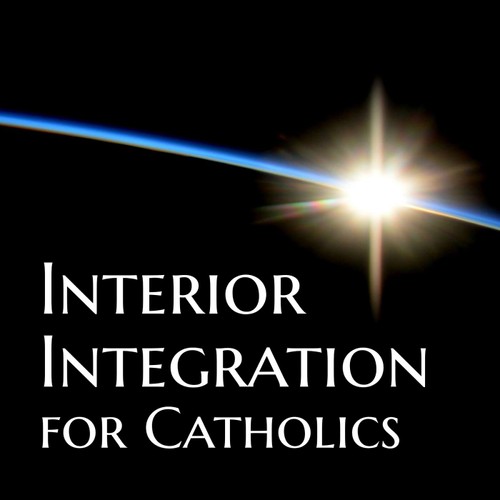
 Interior Integration for Catholics
Interior Integration for Catholics 158 Who is Your Inmost Self?
12 snips
Jan 20, 2025 Join Dr. Gerry Crete, a licensed marriage and family therapist, and Dr. Peter Martin, a licensed psychologist, as they dive into the depths of the inmost self. They explore the intersection of spiritual traditions and psychological frameworks, revealing the core of human identity. Discover how understanding one's innermost self enriches relationships with God and others. They also discuss the transformative potential of Internal Family Systems therapy in spiritual contexts, weaving together theological insights with practical applications for emotional and spiritual well-being.
AI Snips
Chapters
Books
Transcript
Episode notes
Innermost Self as Spiritual Center
- The innermost self is a spiritual center where God connects with us deeply.
- Terms like noose, heart, and soul reflect this deepest spiritual knowing in Catholic tradition.
Three Eyes of the Soul
- The medieval tradition describes "three eyes of the soul" for knowing material, interior, and God.
- The innermost self contemplates God and experiences union represented as a bridal chamber in Catholic mysticism.
IFS Self Aligns with Tradition
- Richard Schwartz introduced a distinct 'innermost self' as an inner leader differing from parts.
- His secular IFS model uncovers a core goodness in the self aligned with Catholic spiritual truths.






